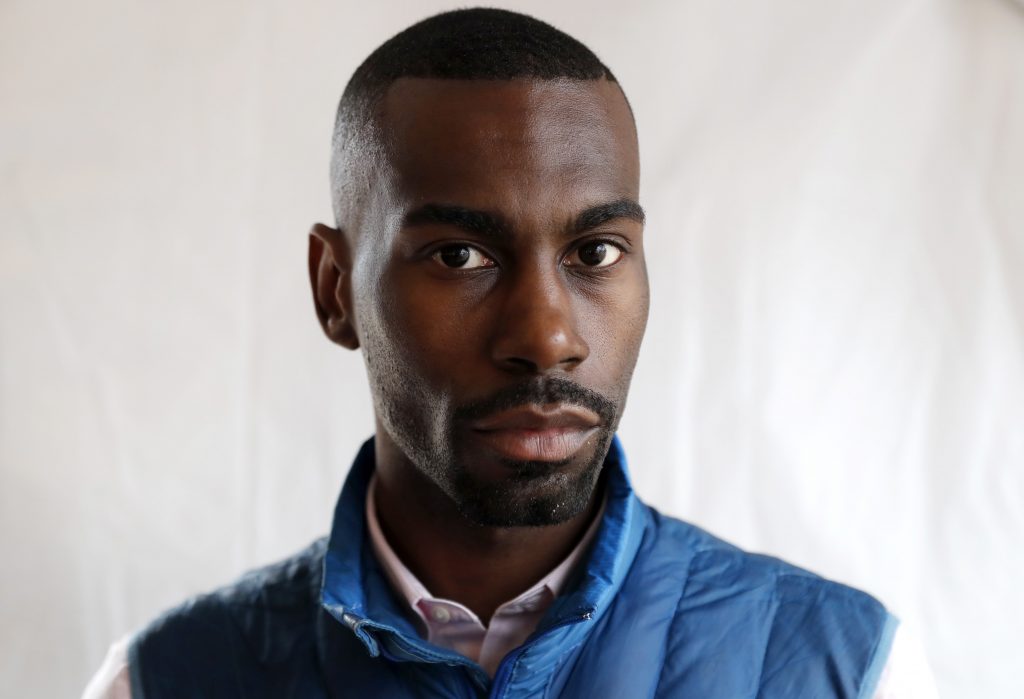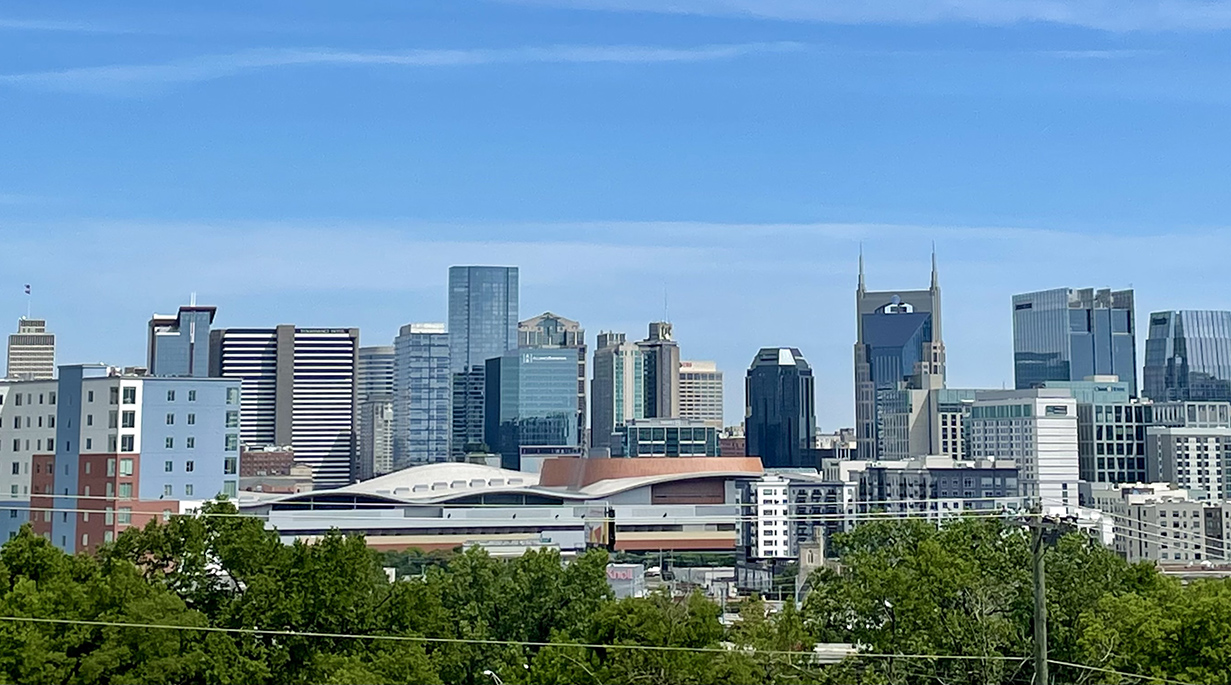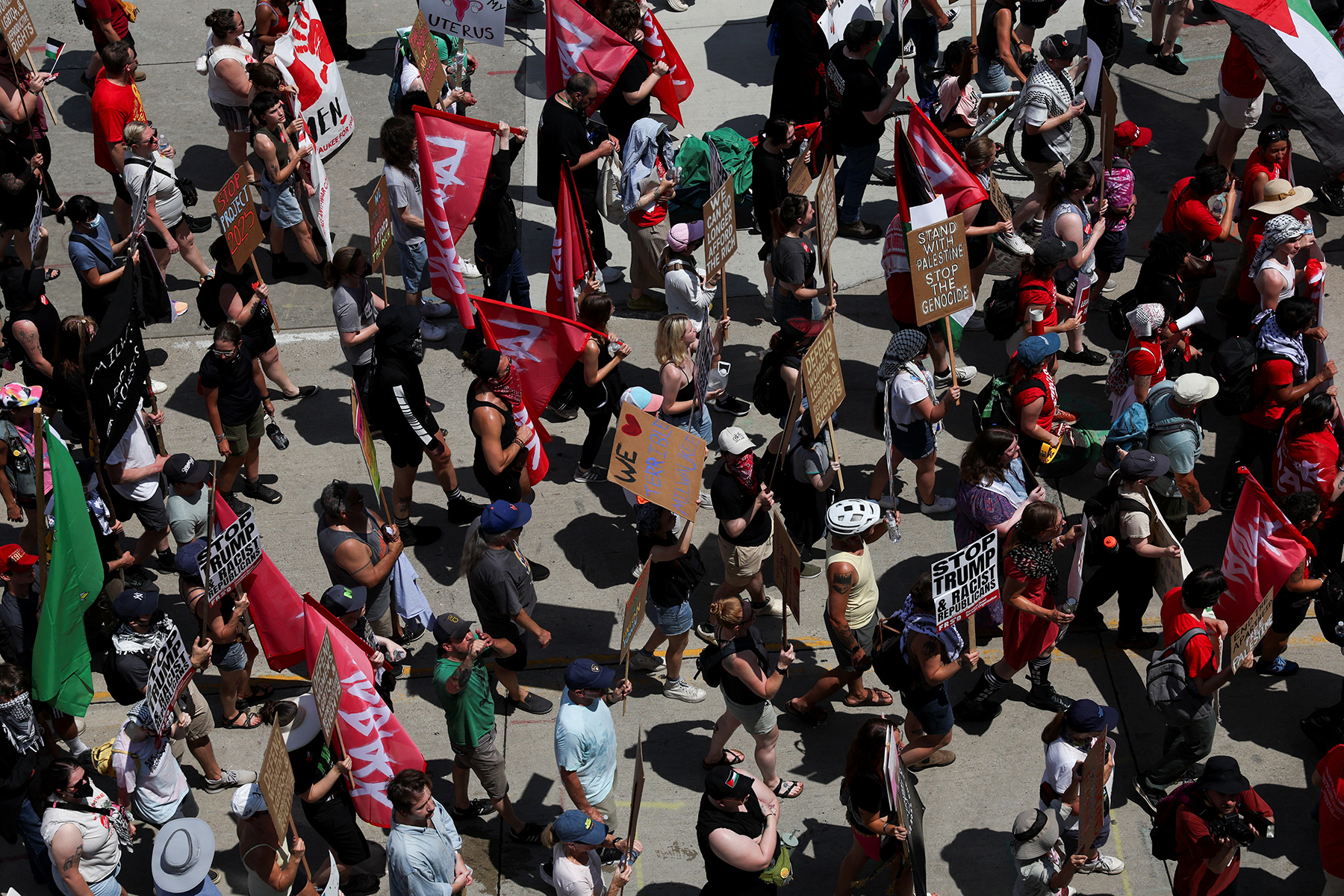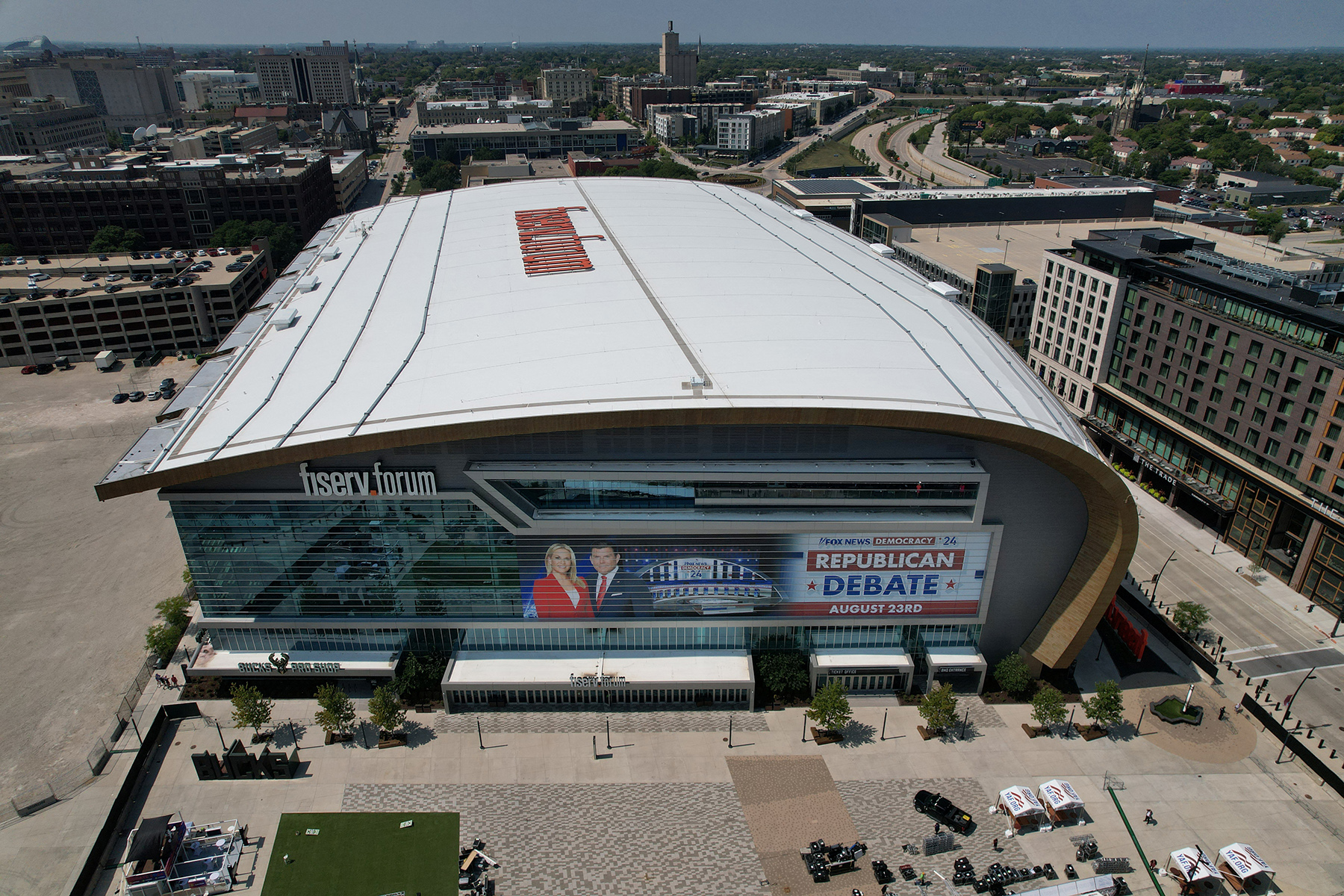On November 2nd, the United States Supreme Court rejected a lower court’s ruling in a lawsuit brought against DeRay Mckesson, a prominent Black Lives Matter activist.
Mckesson was sued by a Louisiana police officer after the officer was struck by a rock an unidentified person threw during a Black Lives Matter demonstration in 2016. In his lawsuit, the officer argued that Mckesson, the leader of the protest, should be held liable for the officer’s injuries. Mckesson requested the suit to be dismissed on First Amendment grounds.
See previous stories: ACLU Urges Supreme Court to Overturn a Ruling Against DeRay Mckesson, Black Lives Matter Leader May Face Trial for Actions of Anonymous Protester
The district court ruled in favor of Mckesson, but the United States Court of Appeals for the Fifth Circuit revived the officer’s claims, stating Mckesson“should have known that leading demonstrators onto a busy highway was most nearly certain to provoke a confrontation between police and the mass demonstrators.”
First Amendment advocates warned that the ruling would weaken important protections for protesters’ assembly and petition rights. They pointed to a landmark Supreme Court case, NAACP v. Claiborne Hardware Company (1982), in which a group of white merchants sued the NAACP following a boycott of their businesses that turned violent. The court ruled that “to impose liability on the NAACP” without a clear connection between the organization and the violence that occurred “would impermissibly burden the rights of political association that are protected by the First Amendment.”
In the November 2nd order remanding the case back to the lower court, the Supreme Court cited NAACP v. Claiborne, but did not go as far as to make a decision as to whether it applied to Mckesson. Instead, they wrote that the Fifth Circuit had inadequately taken Louisiana law into account and sent the case back to the appeals court for “further proceeding.”
David Goldberg, Mckesson’s attorney, said in a statement that the Supreme Court’s recent action “is a significant defeat for those who seek to use the threat of damages lawsuits to silence the voices of people of modest means who participate in our government by taking to the streets to have their voices heard.”
Tags



